DocFrankenstein
Clinically Insane?
- Joined
- Apr 29, 2004
- Messages
- 1,646
- Reaction score
- 6
I'll be shooting a lot in the next 2 weeks, and I really want to improve my technique.
I've started with digital and I'm trigger happy. I take too many shots and it annoys me. I even adjust the composition after chimping...
What mental checks do you go through before you trip the shutter? I need something to slow me down...
I've started with digital and I'm trigger happy. I take too many shots and it annoys me. I even adjust the composition after chimping...
What mental checks do you go through before you trip the shutter? I need something to slow me down...




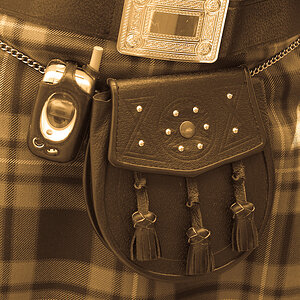
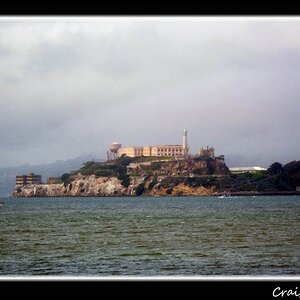
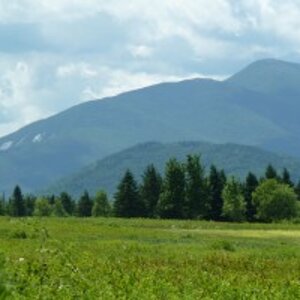
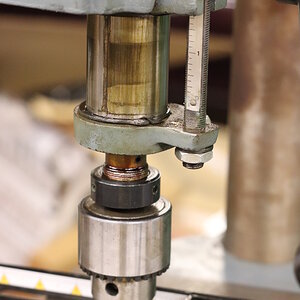

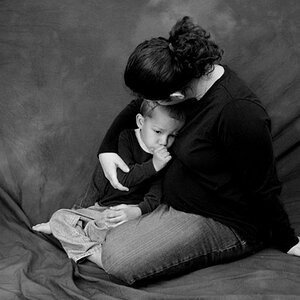
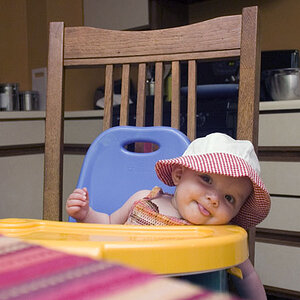
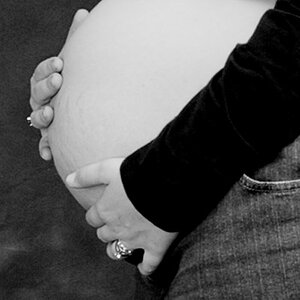
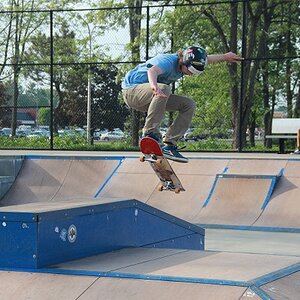
![[No title]](/data/xfmg/thumbnail/35/35262-02f8eba4a2a92dbae0b55547bba80b4f.jpg?1619736968)